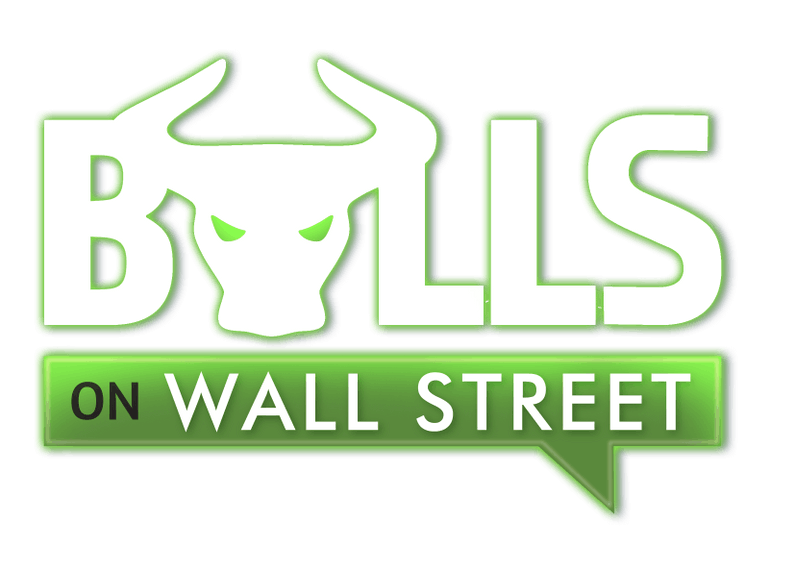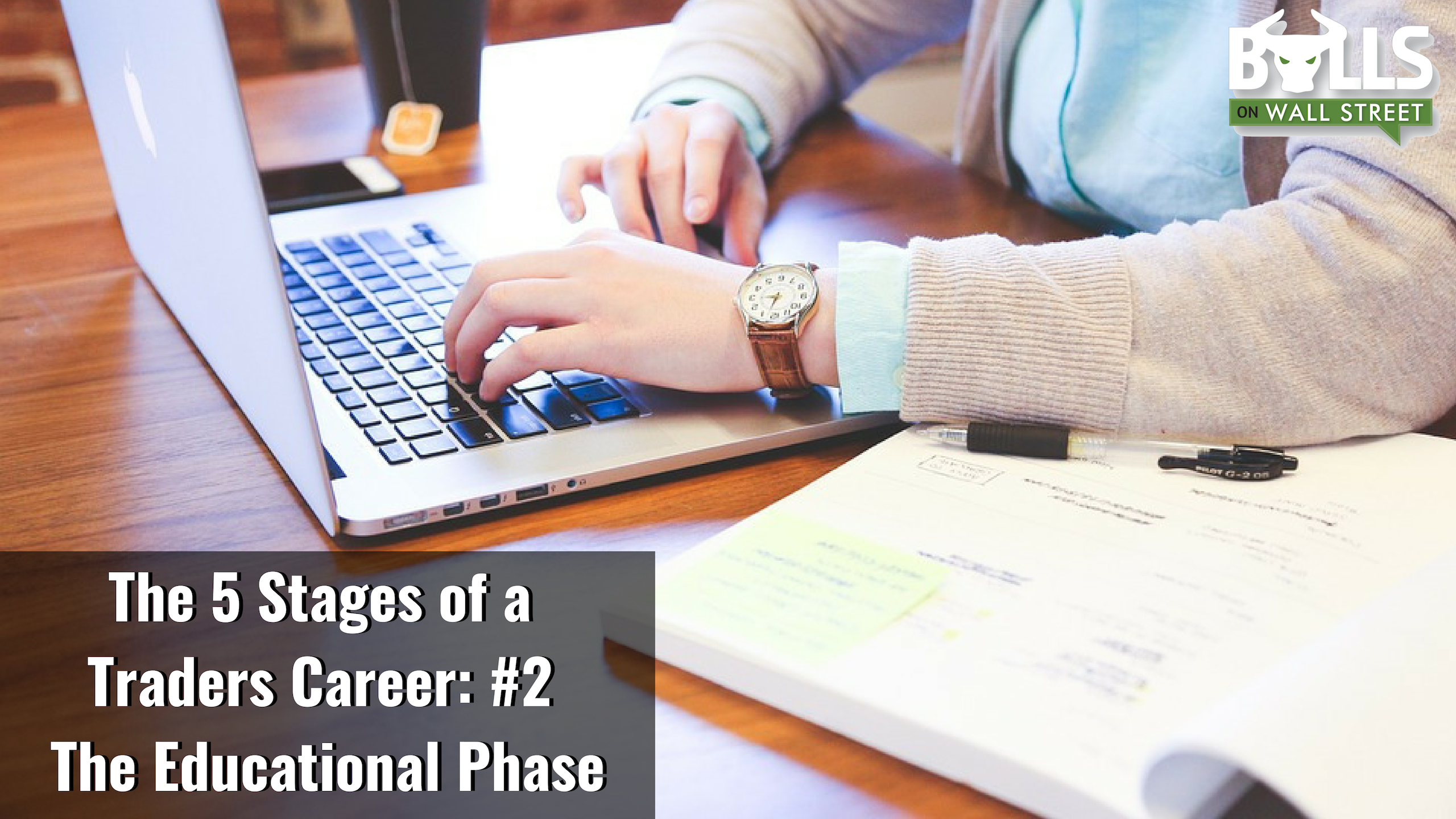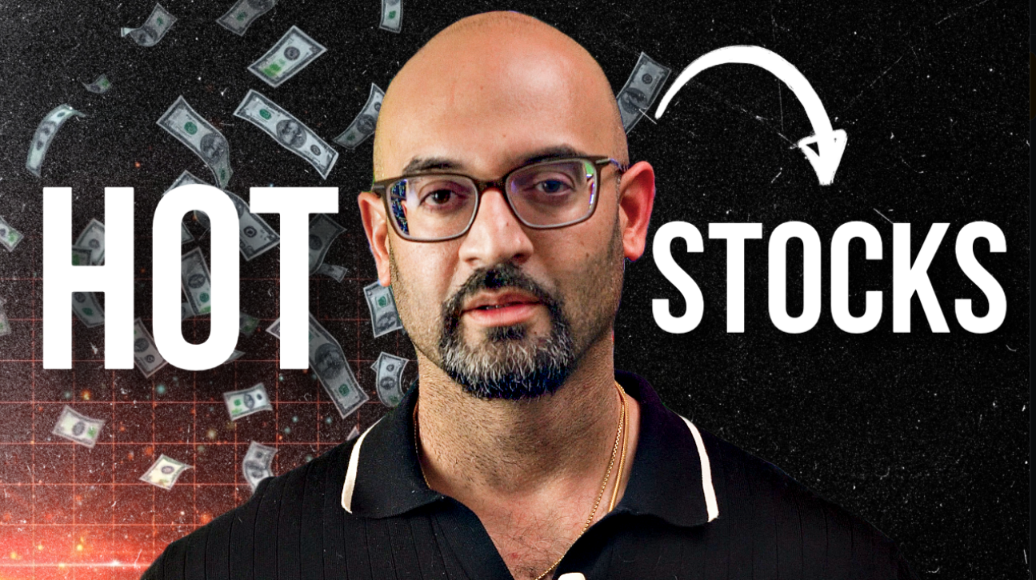You understand what support and resistance are. You are starting to understand the terminology and the basic rules of the stock market. But how do you put everything together and actually start making money?
Today we will discuss the second phase in the trading journey to profitability. The Educational phase of your career is the phase where you start to learn what it takes to design and execute a profitable trading system that consistently generates income (Our 60-day trading boot camp is designed to exponentially speed up this phase). Let’s talk about the characteristics of this phase and how to get through it successfully:
Finding Your Niche Setups
Once you figure out your style of trading and learn the basics, it’s time to start learning trading patterns and setups. In order to make money from the stock market, you need to have trading patterns you can rely on to give you high probability, low-risk, high-reward trades. We call these your “Go-to setups”. When you start out, you need to master one trading setup that you can rely on to consistently extract income from the markets. A jack of all trades does not make money in the stock market. We will talk about some of our favorite day trading and swing trading setups in our free webinar next week, which you can sign up for here.
Risk Management
Risk management is arguably the most important part of profitable trading in the long run. Risk management is the art of being able to keep losing trades small. Trading is a game where you can have 20 green days in a row, and 1 red day to wipe out all of those gains. Your win rate does not matter if you do not have sound risk management strategies.
You need to understand the importance of capital preservation before you begin trading with real money. Losing trades are inevitable in trading, and it is crucial that you learn early on how to keep your losses small and manageable. Winning traders typically have winning trades that are two or three times the size of their losers.
Simulated Trading
There is no reason to be trading with real money if you haven’t proven you can make money on the simulator. The next step after learning about risk management and trading setups is to begin trading stocks on a simulator. This will allow you to hone everything that you learn, and give you time to figure out what your best trading setups and strategies are. Your journey to becoming a trader begins here. Simulated trading results are often not indicative of success with real money, so don’t let results get you overconfident. We recommend using TC2000’s trading simulator to get started.
Trading Live With Small Size
Once you start making money on a simulator consistently for a few weeks, it’s time to start trading with real money. Trading in a simulator cannot simulate the emotions you experience when you trade real money. It takes time to get adjusted, and you need to trade small so you can acclimate and survive long enough so you can become profitable. The road to profitable trading is a marathon, not a sprint.
Once you start trading real money, you will inevitably hit a purple patch and catch a nice run of green days. This eventually gets to your head, because you are making money with apparent ease, and everything seems so easy. We call this next phase in your trading career “The Know it All Phase”. Tune in tomorrow for an article on this phase, and how to get through it.
If you missed yesterday’s post about “the Newbie Phase”, you can check out that article here.
Free Trading Webinar
Over the next 3 days, we will do an article about each of the next 3 phases so you will know exactly what to expect during your trading journey. At the end of the series, we will do a free webinar showing you exactly how to get past whatever phase you are stuck on.



